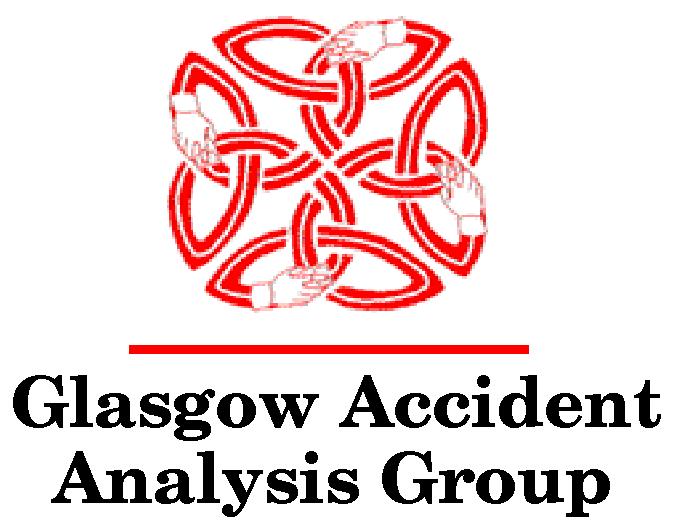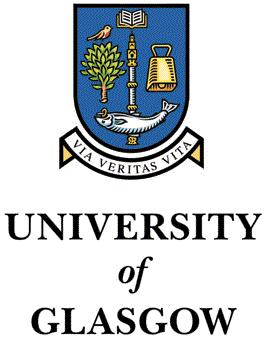




Workshop on
Complexity in Design and Engineering
10-12th March 2005, The Senate Room, University of Glasgow.
New:
What are Emergent Properties and How Do They Affect the Engineering of Complex Systems?
Outline programme | Registration | Instructions for Authors? |
Themes: On 10th March we will focus on the Design of Complex Systems. The intention is to explore the many different challenges that are facing designers in a range of application domains. For example, mechanical engineers must develop products that go faster, require less maintenance, use less raw materials than ever before. These demands are compounded by the increasing emphasis on mathematical modelling and simulation rather than destructive testing. Similarly, software engineers are being asked to develop systems that interact with these devices and with human operators. Increasingly the demands of developing safety-critical systems are being exacerbated by the need to produce `band-aid' software that addresses known problems in the underlying mechanical and materials engineering or that addresses underlying human factors problems in the usability of an application.
On the 11th March, we will focus on the Complexity of Design. The intention is to explore the many different challenges that complicate innovative design. These challenges do not simply come from the types of novel applications that will be discussed on the first day. They also stem directly from the application of particular development techniques. For instance, re-use simplifies many aspects of complex systems design. These techniques also carry important overheads; it can be hard to ensure that an implementation satisfies the intended requirements within its new context of use. This applies to software engineering just as it does to mechanical engineering. These comments may also, arguably, be applied to the reuse of design processes and teams. Similarly, risk assessment has been used to guide the development of many previous generations of complex systems. However, the increasing integration of large scale application processes and the inter-disciplinary nature of many engineering endeavours makes it hard to sustain this approach from individual component reliability up to the `systems' level. We encourage papers from a wide range of application domains including but not limited to finance, healthcare, aerospace and the military. We are interested in multi-disciplinary approaches that address the following topics, although we welcome papers that address issues beyond these particular items:
Deadlines: Authors should submit full papers not exceeding 6000 words. Alternatively, there will be an opportunity to present more interactive work in the form of posters. In this case, authors should send abstracts of their proposed presentation not exceeding 2000 words. All submissions must reach Chris Johnson to arrive by 1st February 2005. Electronic submissions are encouraged. Authors will be notified of the committee's decision and revised final versions of all papers must be returned by Friday 25th February for inclusion in the proceedings. There will be preprints of all of the papers at the workshop. Selected papers from the workshop will be published in a forthcoming special edition of Elsevier's Reliability Engineering and System Safety journal.
This workshop builds on a successful pilot meeting held at the University of Bath in 2004.
Programme Committee:
|
George Apostolakis, MIT, USA. Jim Battles, US Agency for Healthcare Research and Quality. Sandra Basnyat, Univ. of Toulouse, France. Mark Bowell, UK Health and Safety Executive. John Carroll, MIT, USA. Nick Chozos, University of Glasgow, Scotland. John Clarkson, University of Cambridge, UK. Asaf Degani, NASA Ames, USA. Claudia Eckert, University of Cambridge, UK. Chris Hart, Federal Aviation Administration, USA. Kelly Hayhurst, NASA Langley, USA. C. Michael Holloway, NASA Langley, USA. |
Erik Hollnagel, University of Linköping, Sweden. Ed Hughes, UK Maritime and Coastguard Agency. Marina Jirotka, University of Oxford, UK. Chris Johnson, Univ. of Glasgow, Scotland. Hilary Johnson, Univ of Bath, UK Peter Johnson, Univ of Bath, UK Philippe Palanque, Univ. of Toulouse, France. Felix Reed-Tsochas, Oxford University, UK. Dave Roberts, IBM, UK. Tom Sheridan, MIT, USA. Barry Strauch, US National Transportation Safety Board. Bernard Sufrin, University of Oxford, UK. Peter Wild, University of Bath, UK. |
Further Information:
Chris Johnson,
Glasgow Accident Analysis Group,
Department of Computer Science,
University of Glasgow,
Glasgow, G12 8QJ,
Scotland.
Email: johnson@dcs.gla.ac.uk
Tel.: +44 141 330 6053,
Fax.: +44 141 330 4913
Acknowledgements:
We wish to thank the European Office of Aerospace Research and Development, Airforce Office of Scientific Research, United States Air Force Laboratory for their contribution to the success of this conference.
The workshop has also been supported by the EC ADVISES Research Training Network.
We also acknowledge the support of the following organisations: